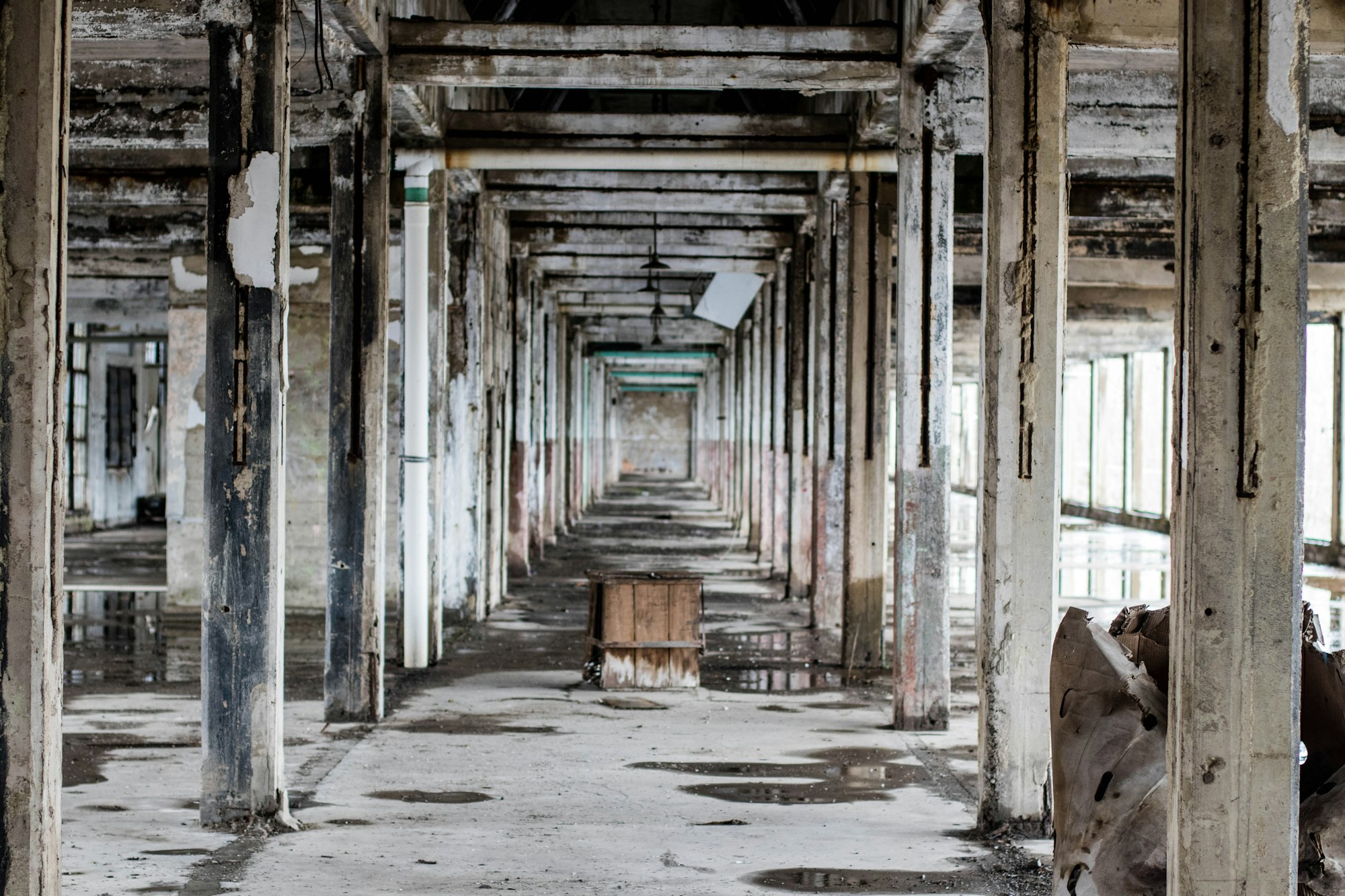Should You Just Give Up?
Fatalism vs the future

A frequent question I hear from today's youth is "why bother?".
- Why bother getting an education?
- Why bother working hard?
- Why bother saving for the future?
These questions are natural after learning that civilization is driving full-speed towards a cliff. We're getting fucked from multiple directions so many are YOLO-ing for today.
Quit school, blow your savings on drugs and do whatever the hell you want. I get it. It feels like the risks are rapidly compounding and the future is hopeless.
Time to give up. Jump off the corporate treadmill and enjoy the world before everything goes to shit. Right?
After all, we only have 5? or is it 10? or maybe 25? years left.
Let's pump the brakes a bit.
Put the evidence aside for a second and allow me to pour you a glass of hopium. I won't go as far to say we won't someday end up in a dystopian work camp, overseen by our AI drone overlords. But there is a possibility that this happens later than expected. Yay!
When an outcome is unclear, you can assign probabilities to scenarios. There is a non-zero chance that the future is a recognizable place where we still earn a living and pay bills.
I remember the 1980s when we all assumed we'd eventually die in a nuclear fireball within the decade. In the 1990s, many HIV positive people assumed they had no future and spent their life savings as they waited to die. During the early 2000s, oil production was to rapidly decline, sending humans back into the stone age.
Despite numerous flirtations with Armageddon, there was no nuclear war.
Although HIV had been a death sentence, new drugs eventually allowed people to live far beyond initial expectations.
A surge in shale and oilsands production offset conventional well production declines, allowing production of petroleum-equivalents to continue growing.
In a parallel universe, we are all dead. We starved to death in a nuclear winter or due to a shortage of fertilizer and transportation (both of which require fossil fuels). But in this universe, somehow we didn't.
We've been extremely lucky and our fate may soon change. But even us doomers must admit we're still dealing with an unknown future.
However slim the chance, what if you get to retirement age and haven't prepared for it? It's cathartic to say "fuck it" and YOLO your way through life. In a world where it feels like we've lost control, doing whatever you please can be empowering in the short term. However, that is effectively a bet - not just that civilization will collapse but when it will collapse.
The future is unlikely to be better than the past, however we could simply grind our way through time, figuring out how to do more with less. If this is true, investments made today could still set us up to better handle change.
Plan for your future, if that future ends tomorrow, you won't be concerned about it anyways. But if it doesn't, at least you're prepared. - Unknown
In practical terms, this means you continue to work and save money. Invest in your knowledge and skills. Become a better person. Do something that helps the world while giving you an income. If you can't do that, milk the system for all you can get, knowing it's all a farce.
In addition to preparing for some form of normalcy, I'd also suggest preparing for the worst. Have your passports in order. Have a plan. Ensure a portion of your wealth is portable. Maybe learn things and make connections that could help you flee. I recognize not everyone has this luxury, but those who do should prepare instead of only thinking about today.
Perhaps preparing for some form of future that resembles the present by participating in the system makes you complicit, but outside of a few personal limitations (no driving, no flying, etc.) what choice to do you have? Not everyone has the option to live off the land, unfortunately.
Your version of investing for the future may look different than mine or our parents. However, to not prepare is like going without fire insurance on your house. You probably won't need it, but you'd be devastated if you actually did.
Despite my previous attempts to estimate timing for stages of collapse, it's all unpredictable. An estimate off by just 10 years could mean a decade of destitution. You've essentially created your own personal collapse in this scenario.
Instead, prepare for multiple possibilities.

Moreover, as it becomes apparent the system is slowing to a halt, those with resources and skills could ride the decline or transition more comfortably. On the other hand, the decline may be imperceptible, but those who invested in their future might stay remain ahead of the average person.
This is all speculation. We could all die in a ball of fire next week for all I know. Live and appreciate each day to its fullest, but to bet the farm on an unknown future is foolish.




